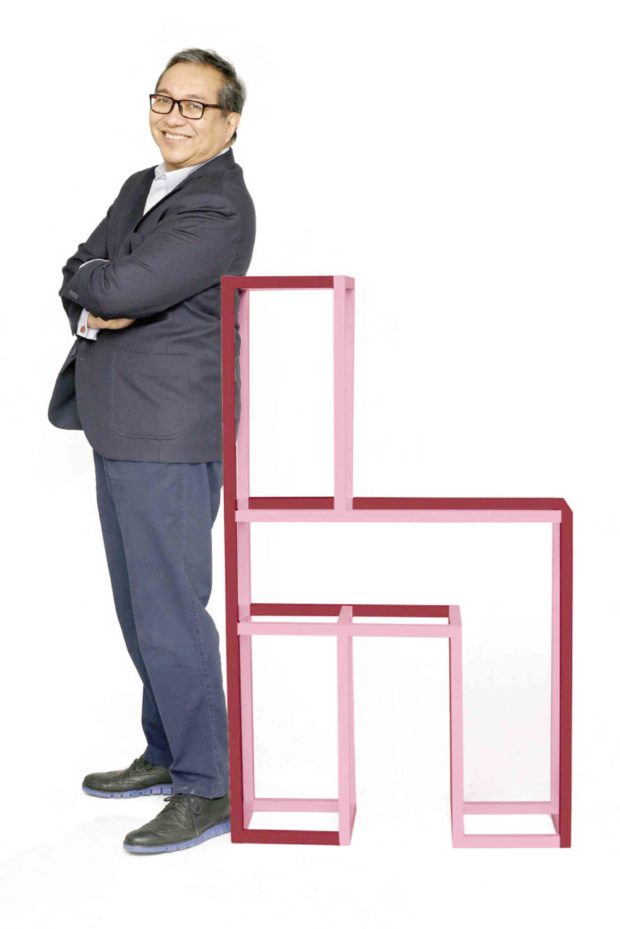From mindless to meaningful consumption.
According to a recent report by communications solutions agency Havas Ortega, such shift is occurring among a select group of Filipino consumers—a trend which, in two years, could influence mainstream consumers’ behavior.
Sharing highlights of the report “Emerging Shifts in Filipino Consumption Mindsets,” Havas Ortega’s head of data analytics Phil Tiongson identifies this specific influential set of consumers as “prosumers,” or “leading-edge consumers [who] make or break markets” based on the products and services they try and recommend to their social circles.
Tiongson says prosumers roughly make up 15 to 20 percent of the mainstream population, and exhibit these characteristics: proactive (engages with brands, organizations and categories, and shares their recommendations); productive (pursues positive change when possible); prospective (considers a better future for the community before buying); and professional (constantly learns and observes brands and companies).
“The study is about what is happening now among whom we call heralds of what could happen in the future,” Tiongson says.
The localized report, taken from Havas Ortega’s global study titled “The MEaningful Shift” that surveyed 12,168 people from 32 countries, covers 251 Filipino respondents and presents the changes in their buying behavior.
According to the report, Filipino prosumers are singing to the tune of an Eric Clapton hit—they want to change the world, and they’re doing that through their shopping.
Ninety-three percent of respondents believe it’s their responsibility, while 86 percent also believe in their capacity to make a difference in the world.
So strong is their influence on other consumers that prosumers believe more in the strength of their purchasing power more than their voting power (49 percent), the report notes.
Tiongson says Filipino prosumers, whose behavior Havas Ortega has been studying for the past decade, aren’t confined to a certain age group or socioeconomic class. “It’s really about their mindset,” he says. “What our research explorations are still looking into is, is being a prosumer a personality trait or is it nurtured?”
Another distinctive trait of prosumers is that they struggle with the tension of wanting to shop, but also feeling guilty over their societal and environmental impact, says Tiongson. Some of the report’s key figures show that 73 percent of Filipino prosumers (higher than the global average of 61 percent) are becoming more selective and ask themselves if they really need something before buying it; 88 percent (versus the 71 percent global average) would be willing to pay more if an item will contribute to a good cause; and 95 percent (versus the 86 percent global average) think about the impact of their shopping on the planet’s resources.
There’s also good news for Filipino brands and manufacturers: Prosumers prefer to buy local goods, with 93 percent of respondents saying they believe consumption is a patriotic act.
Given how prosumers’ purchasing beliefs and behaviors can soon influence mainstream consumers’, Havas Ortega recommends that brands prepare for a new kind of Filipino consumer and their “unprecedented needs.”
Tiongson identifies six upcoming “need states” of a Pinoy consumer. First is the the “new and improving me,” which focuses on how one can live a better life and be the best version of oneself through his or her purchases. The “do-gooder me” need state, continues Tiongson, looks at how consumers scrutinize brands’ stand on certain issues, and how such principles affect their buying choices.
The next need state is the “local, benefactor me.” According to Tiongson, consumers will look at how brands can “reignite their pride as Filipinos.”
Then there is the “eco-warrior me” need state, which is all about minimizing one’s environmental impact; the “utilitarian me,” which is all about going back to the basics (“Make sure your product works,”) says Tiongson; and the “zen me,” which is about consumers wanting a sense of peace and calm when shopping.
“Businesses have to adapt by taking the consumers’ guilt out of the equation and helping them express a ‘me’ they feel good about whenever they buy,” says Havas Ortega chair and CEO Jos Ortega. “By responding to the evolving priorities and aspirations of Filipino consumers today—their need to grow into and present their best selves to make a positive contribution in the world, to support community and country, to be less wasteful and help the planet—businesses will stay relevant and be able to navigate ever-changing markets with ease and effectiveness.”


